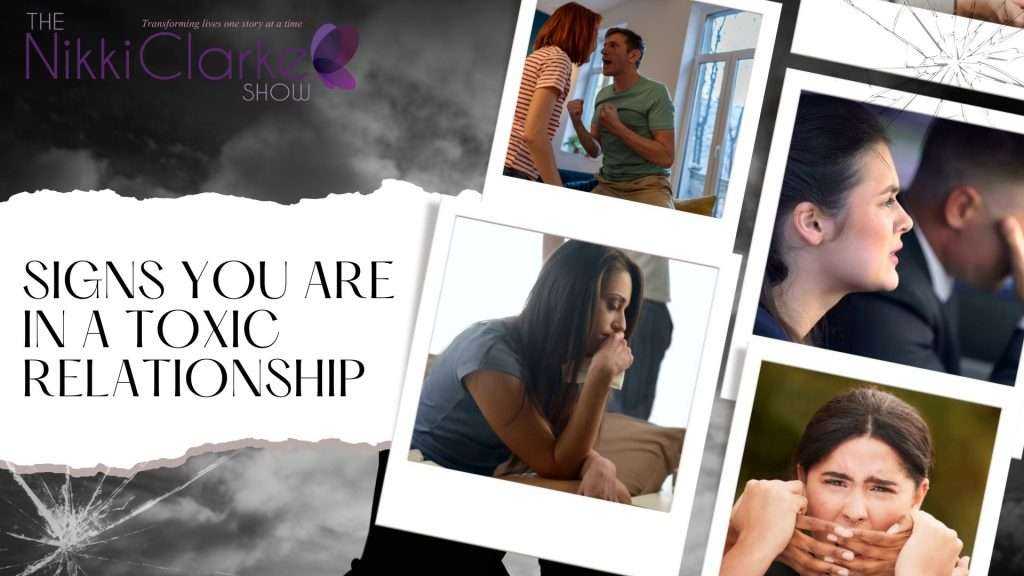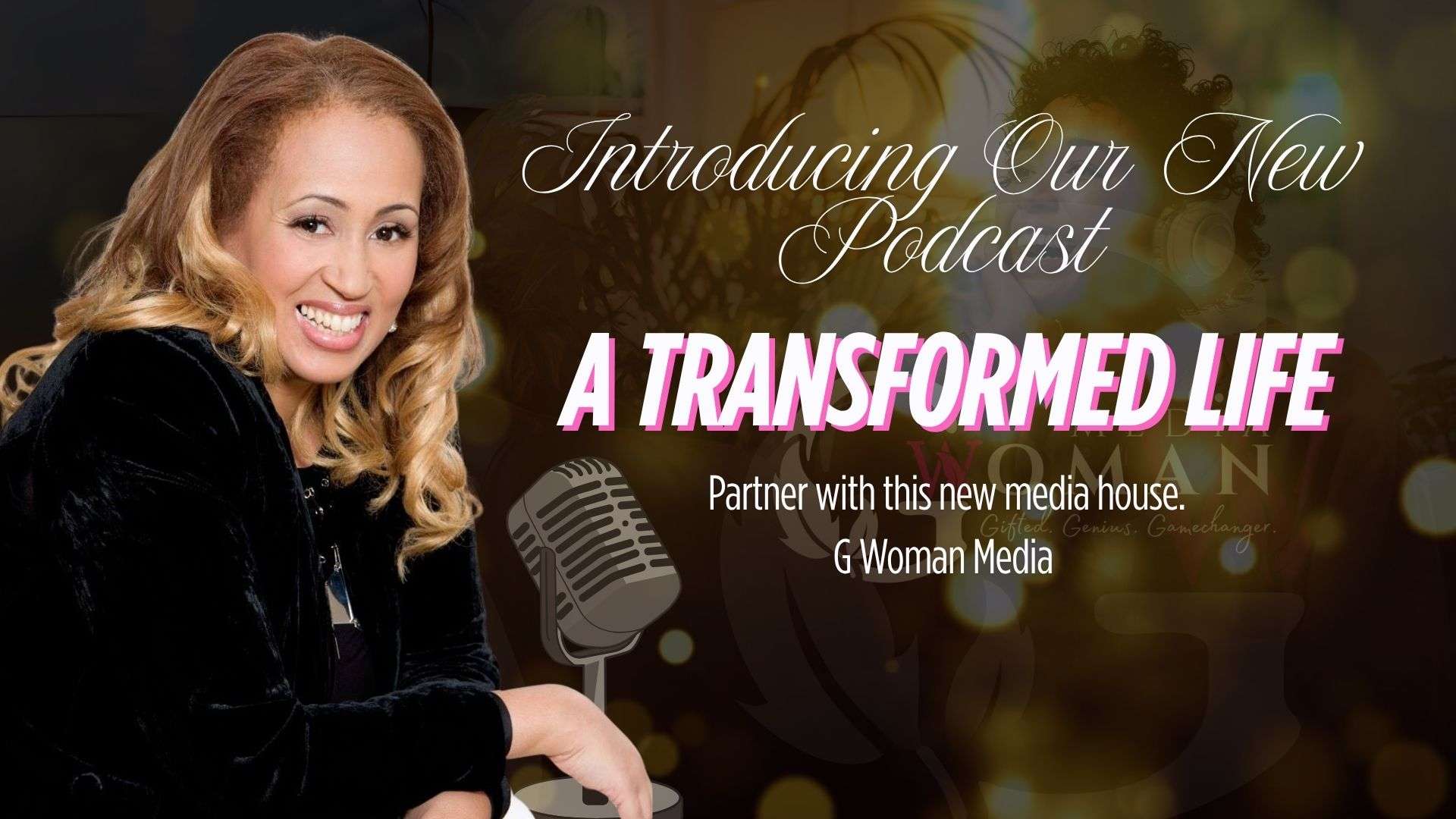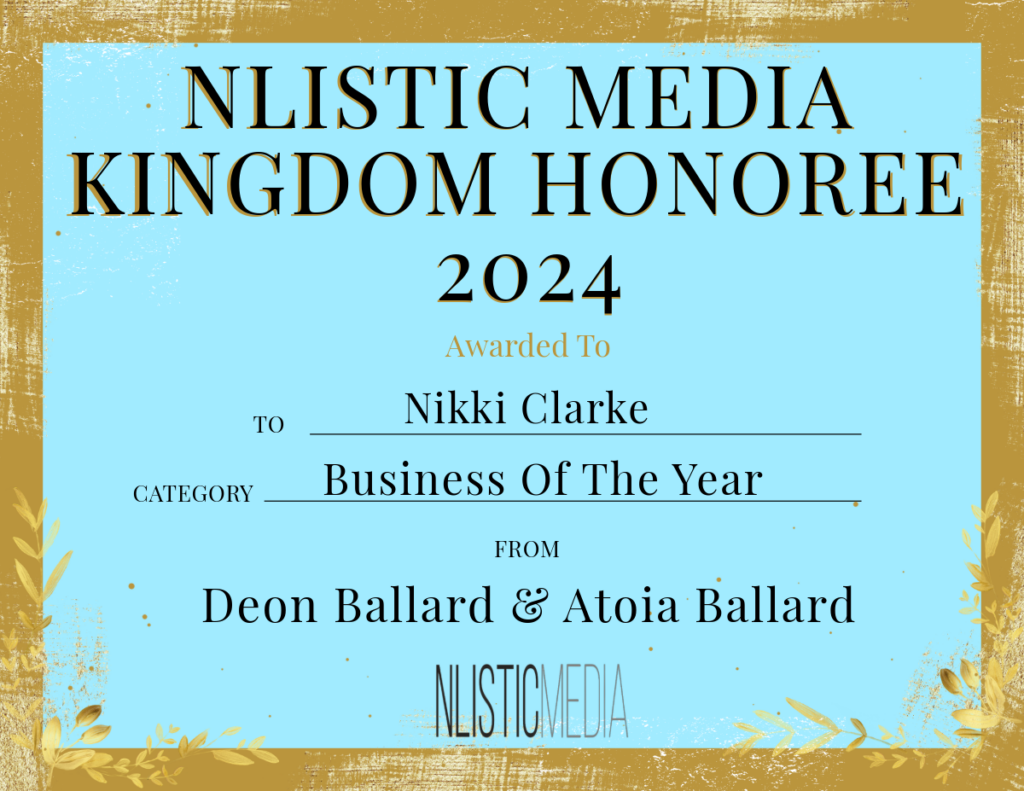
Navigating relationships can be a complex journey, and sometimes, individuals find themselves in toxic dynamics without realizing it. Recognizing the signs of a toxic relationship is crucial for maintaining emotional well-being and fostering healthy connections. Here are some key indicators to be aware of:
1. **Constant Criticism:**
In a toxic relationship, criticism is not constructive but rather a constant stream of negativity. Partners may find themselves subjected to unwarranted judgment, blame, or demeaning comments, eroding their self-esteem over time.
2. **Lack of Communication:**
Healthy relationships thrive on open communication, while toxic ones often involve a lack thereof. Communication breakdowns, stonewalling, or the silent treatment can hinder understanding and resolution, leading to further emotional distance.
3. **Controlling Behavior:**
Toxic partners may exhibit controlling tendencies, dictating how their significant other should behave, dress, or spend their time. This can escalate into isolation, cutting off the individual from friends and family, making them entirely dependent on the toxic partner.
4. **Manipulation and Gaslighting:**
Manipulation and gaslighting involve distorting reality to make the victim doubt their perceptions, memory, or sanity. A toxic partner may use these tactics to maintain control and power in the relationship.
5. **Unresolved Conflicts:**
In a healthy relationship, conflicts are addressed and resolved constructively. In a toxic dynamic, conflicts linger, resurface, or are never fully resolved. This ongoing tension creates a toxic atmosphere that can be emotionally draining.
6. **Lack of Support:**
A toxic relationship often lacks emotional support. Instead of being a source of encouragement, partners may undermine each other’s goals, dreams, or struggles, contributing to a negative environment.
7. **Emotional and Physical Abuse:**
Extreme cases of toxicity may involve emotional or physical abuse. This can manifest as verbal assaults, threats, or even physical harm. Recognizing these signs is crucial, and seeking help is imperative in such situations.
8. **Constant Anxiety and Stress:**
Being in a toxic relationship is emotionally taxing and can lead to constant anxiety and stress. The fear of the partner’s reaction or the anticipation of the next conflict can take a toll on mental health.
Conclusion:
Identifying the signs of a toxic relationship is the first step towards reclaiming one’s well-being. It’s essential to prioritize self-care, set boundaries, and, if necessary, seek professional help to navigate the challenges of ending a toxic relationship. Remember, healthy relationships are built on mutual respect, open communication, and support, fostering an environment where both individuals can grow and thrive.













